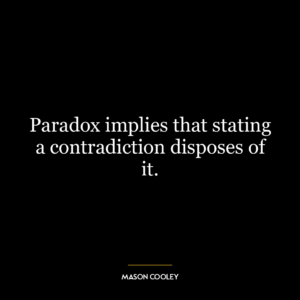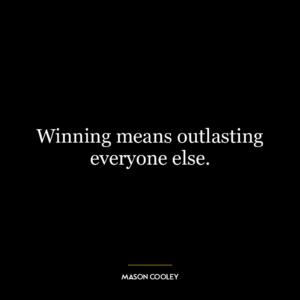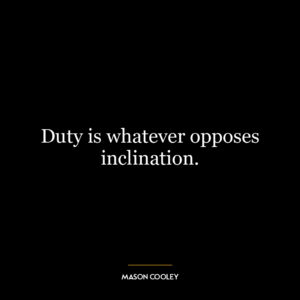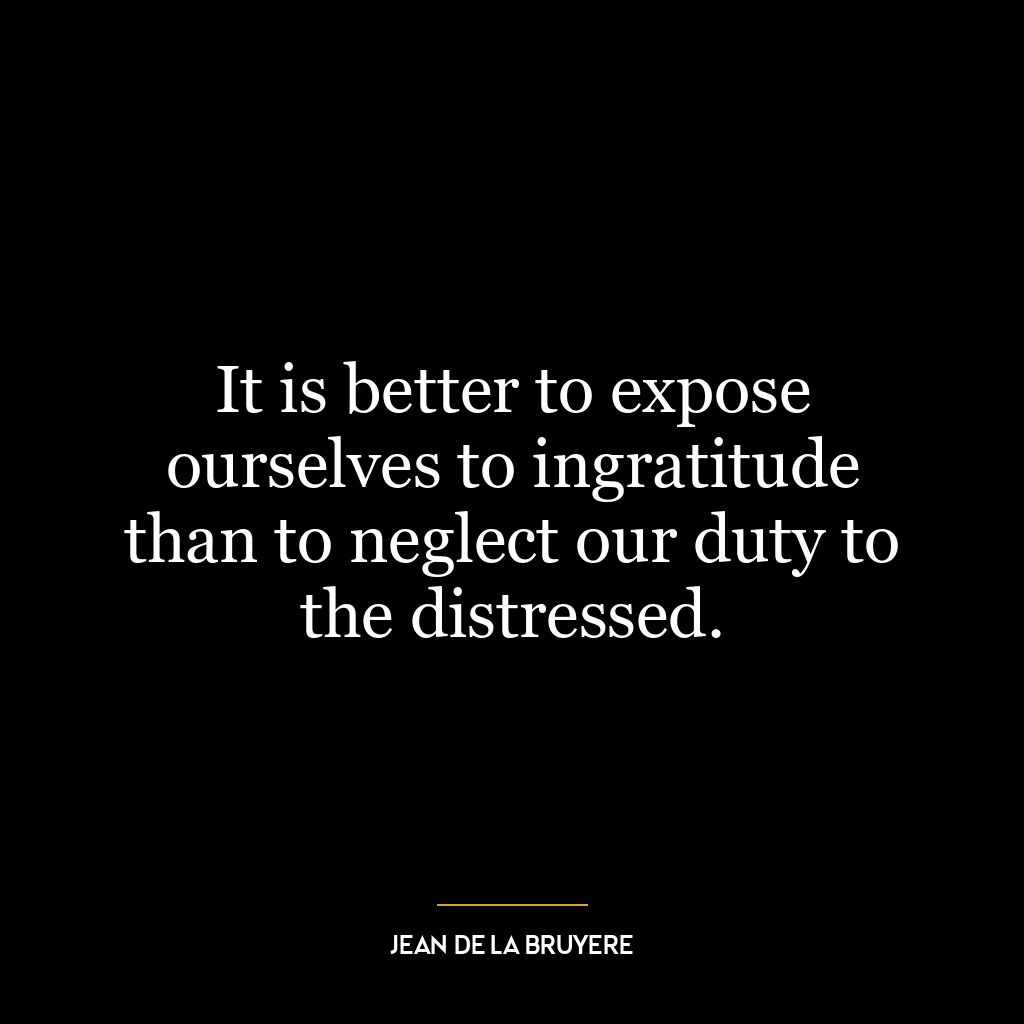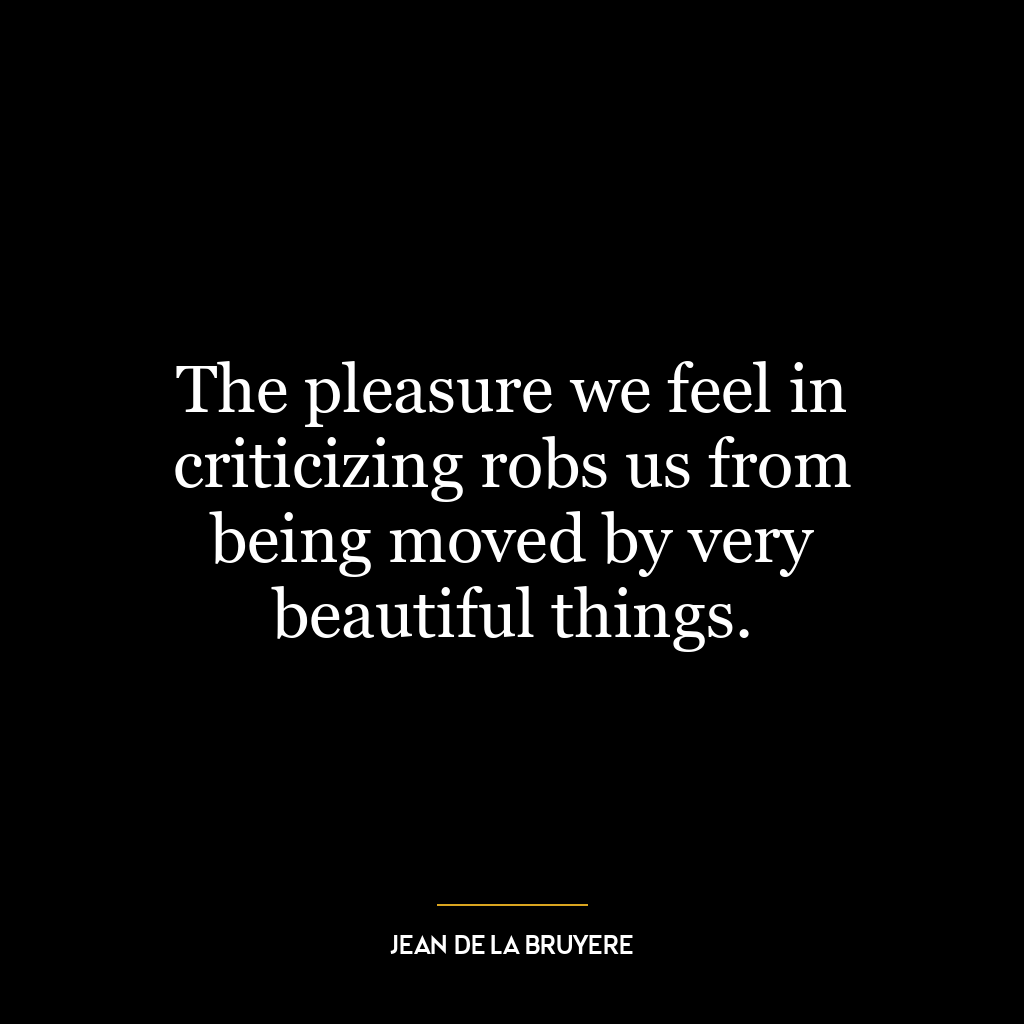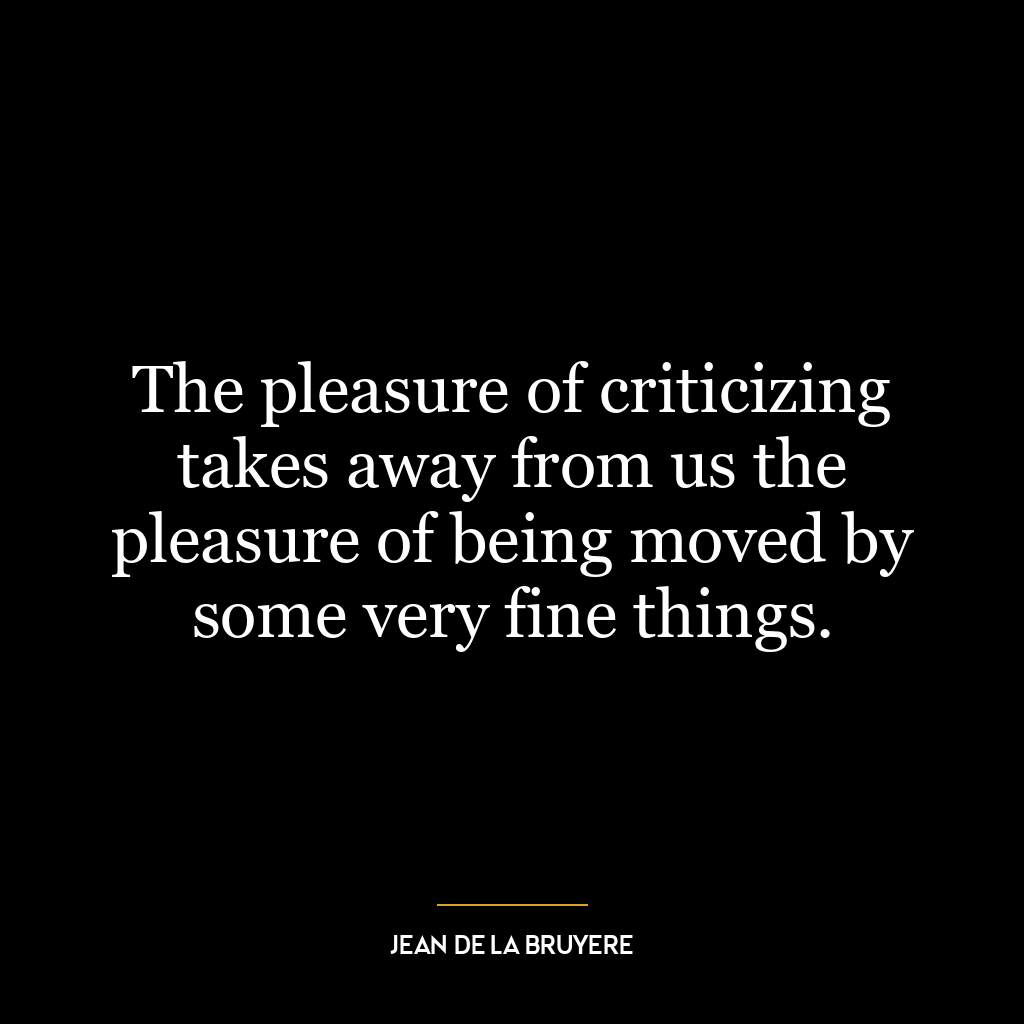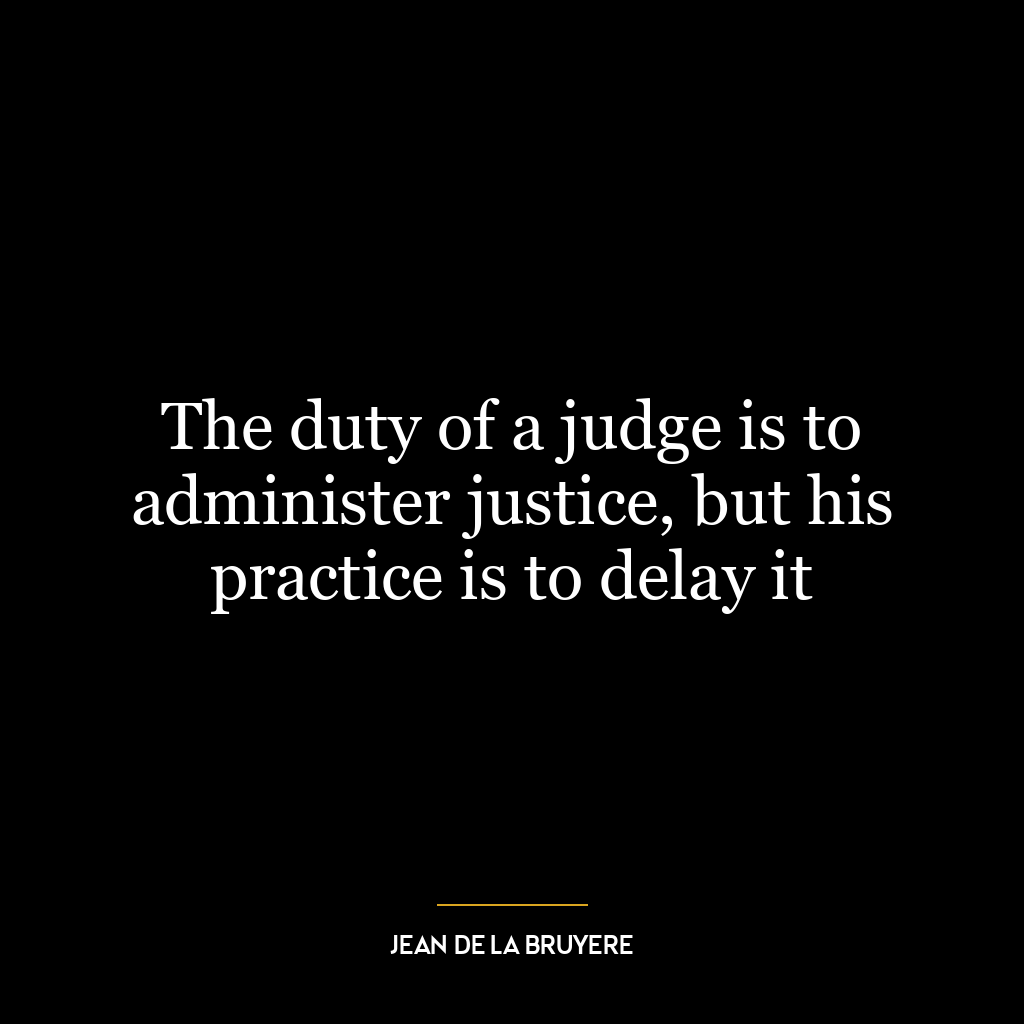This quote delves into the paradox of human experience and emotion, particularly in relation to pleasure and duty. At first glance, it might seem counterintuitive as one would assume that a life of pleasure would be fulfilling and enjoyable, while a life of duty could bring satisfaction or meaning. However, Cooley suggests otherwise.
“The life of pleasure breeds boredom” implies that when one’s existence is solely focused on seeking personal enjoyment or indulgence without any substantial purpose or challenge, it can ultimately lead to monotony. Pleasure in itself is transient; once we become accustomed to constant gratification without effort or struggle, we may begin to feel empty or unsatisfied. The thrill fades away because there’s no contrast—no hardship against which the moments of joy can shine.
On the other hand, “the life of duty breeds resentment” suggests that an existence dominated by obligation—doing things because you have to rather than want to—can lead to feelings of bitterness and discontentment. While fulfilling duties is often necessary and commendable, a life solely defined by them can create a sense of being trapped in an endless cycle devoid of personal desires.
This idea has significant implications for our modern world where many people are struggling with finding balance between work (duty) and leisure (pleasure). In today’s fast-paced society where productivity is highly valued, individuals may feel pressured into prioritizing their duties over their personal needs for relaxation and enjoyment leading them towards burnout or resentment.
In terms of personal development, this quote could serve as a reminder about the importance of balance: too much indulgence might leave us feeling unfulfilled while incessant obligation could breed resentment. It underlines the need for purpose beyond mere pleasure-seeking but also emphasizes that duty should not overshadow individual desires completely – both are integral parts in shaping our lives meaningfully.
It advocates for moderation – finding joy in our responsibilities while also allowing ourselves time for leisure without guilt. This balance is key to avoiding the boredom born of excess pleasure and the resentment that can stem from relentless duty.




